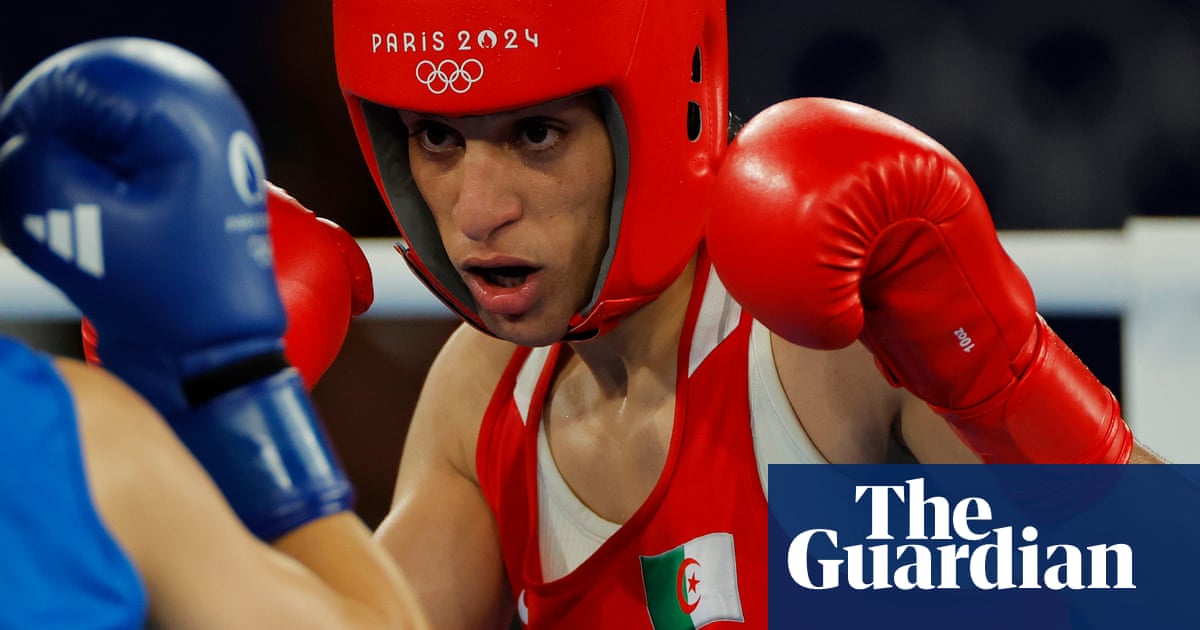Imane Khelif must undergo what WorldBoxingdescribes as “mandatory sex testing” if she wishes to compete in any women’s event organised or sanctioned by the governing body.
Gender-row boxerKhelif won goldin the women’s 66kg category at last summer’s Olympic Games, having been cleared to compete despite being disqualified from the 2023 World Championships organised by the International Boxing Association for allegedly failing to meet eligibility criteria.
World Boxing announced on Friday it was introducing the testing “to determine the eligibility of male and female athletes that want to take part in its competitions”.
The body – which will oversee boxing at the next Olympic Games in Los Angeles in 2028 – said it had written to the Algerian boxing federation to say that until Khelif had undergone the test, she would not be able to compete in next month’s Eindhoven Box Cup or any other women’s event under its authority.
World Boxing said it was introducing the rules as part of a new policy on sex, age and weight “to ensure the safety of all participants and deliver a competitive level playing field for men and women”.
The letter stated that in the event of a challenge by the federation or by World Boxing to Khelif’s sex certification, Khelif would remain ineligible to compete until the dispute was resolved.
Speaking to ITV News in March about the row over her involvement at the Olympics, Khelif said: “I see myself as a girl, just like any other girl. I was born a girl, raised as a girl and have lived my entire life as one.
“I have competed in many tournaments, including the Tokyo Olympics and other major competitions, as well as four World Championships. All of these took place before I started winning and earning titles. But once I began achieving success, the campaigns against me started.”
All athletes over 18 wishing to compete in a World Boxing owned or sanctioned event will need to undergo a PCR (polymerase chain reaction) genetic test to determine their sex at birth and their eligibility to compete.
Sign up toThe Recap
The best of our sports journalism from the past seven days and a heads-up on the weekend’s action
after newsletter promotion
Athletes deemed to be male at birth, as evidenced by the presence of Y chromosome genetic material (the SRY gene) or with a difference of sexual development (DSD) where male androgenisation occurs, will be eligible to compete in the male category, World Boxing said.
